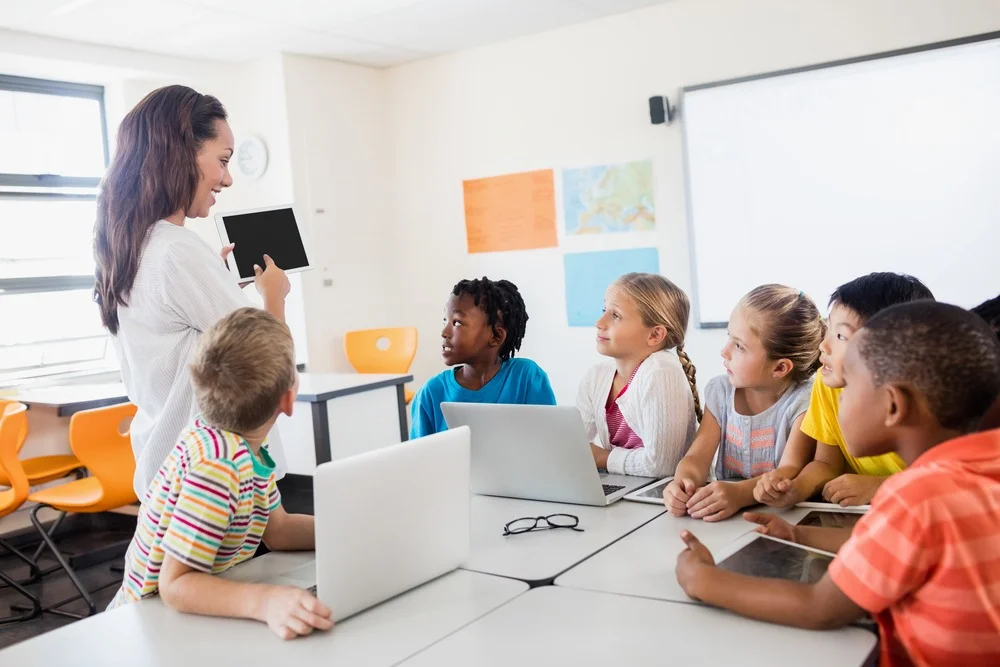The world is changing at an unprecedented pace, and the skills and knowledge that children need to succeed in the future are constantly evolving. In the year 2050, today’s children will face a world that is vastly different from what we know today.
The rapid development of technology, the increasing diversity of our communities, and the urgent need for sustainability are just a few of the challenges that they will encounter. In this context, it is essential that we prepare our children with the skills and knowledge they need to thrive. Here are some important areas for children to focus on:
- Technology literacy: In the coming decades, technology will continue to play an increasingly important role in our lives. Children should learn how to use technology effectively and safely, as well as develop skills in coding, digital design, and artificial intelligence.
- Critical thinking: With the amount of information available online, it’s important for children to learn how to evaluate sources and think critically. This includes understanding bias, recognizing misinformation, and analyzing complex problems.
- Creativity: As automation becomes more prevalent, creative thinking will be a highly valued skill. Children should be encouraged to think outside the box, experiment with new ideas, and pursue their passions.
- Emotional intelligence: Emotional intelligence, or the ability to recognize and manage one’s own emotions and those of others, will become increasingly important in a world where human interaction is more limited. Children should learn how to communicate effectively, resolve conflicts, and empathize with others.
- Cultural competence: With globalization and increased diversity, it’s essential for children to develop an understanding and appreciation for different cultures and perspectives. This includes learning a second language and developing cross-cultural communication skills.
- Adaptability: The world is changing rapidly, and the ability to adapt to new situations and learn new skills quickly will be crucial. Children should learn how to be resilient, embrace change, and be comfortable with uncertainty.
- Sustainability: Climate change and environmental degradation are among the biggest challenges facing the world today, and will continue to be important in the future. Children should learn about sustainability, conservation, and ways to reduce their impact on the environment.
Overall, children should be encouraged to be curious, lifelong learners who are adaptable and capable of solving complex problems. By developing a broad range of skills and knowledge, they will be better prepared for whatever the future holds.




